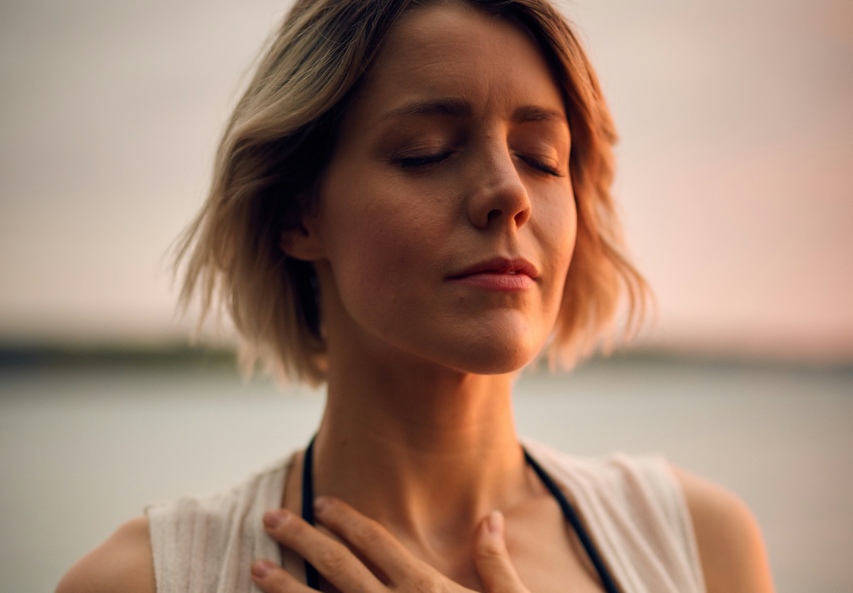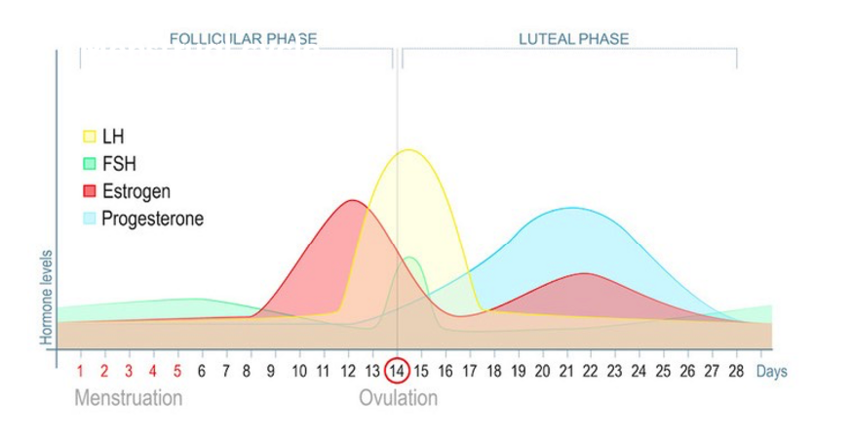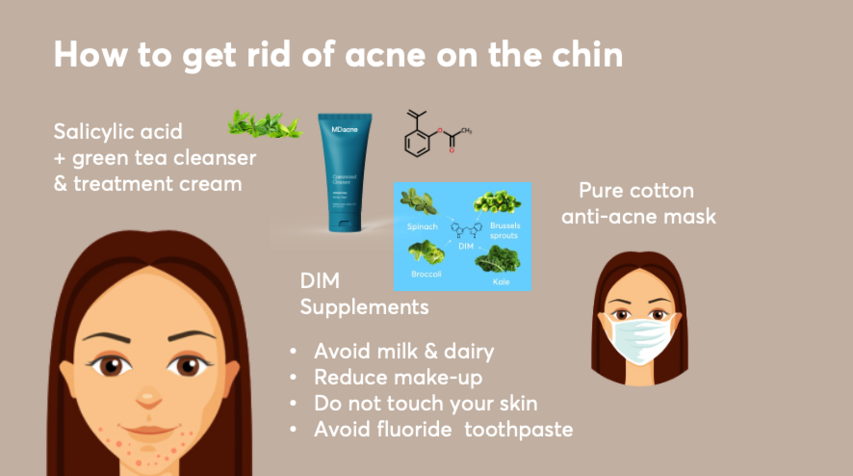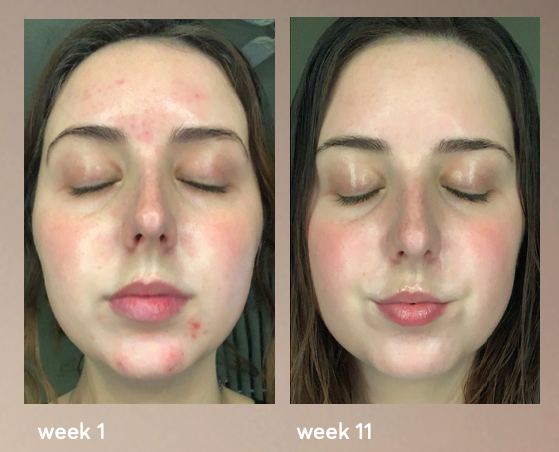How to get rid of acne on the chin and jawline [new guide]

Pimples on the chin and around the mouth can be triggered by multiple factors, including hormonal changes (particularly around the monthly cycle in women), unsuitable skincare or cosmetic products, and dietary choices. Chin acne can manifest as blackheads, whiteheads, small red pimples, and even deeper cysts. While chin breakouts can be frustrating, understanding the causes and implementing targeted prevention and treatment steps can help clear up your skin within weeks.

Do Hormonal Changes Cause Chin Acne?
The most common cause of chin acne, particularly in the mouth and jawline area, is hormonal fluctuation. These fluctuations, especially an excess of androgens, can lead to overactive sebaceous glands, resulting in excess oil production and acne. Hormonal breakouts may occur during ovulation (mid-cycle), when progesterone stimulates sebum production, or pre-menstruation, when a drop in estrogen and progesterone increases oil production, often leading to inflamed breakouts. Birth control pills and medications like spironolactone can help balance these hormones. Supplements like MDacne's DIM + Cruciferous blend, made from vegetables like kale and broccoli, are another hormone-balancing option for adults with hormonal acne.
Can Makeup Cause Chin Acne?
Cosmetics can be a significant factor in chin acne, especially if you use products that clog pores or if makeup applicators are not cleaned regularly. To reduce chin breakouts, opt for oil-free, non-comedogenic products, and clean makeup brushes weekly. While some may recommend cutting back on makeup, using the right types can help reduce breakouts.
Could Toothpaste Be Causing My Chin Breakouts?
Fluoride in toothpaste can sometimes cause pimples around the mouth, chin breakouts, or even cystic acne. If this seems to be an issue, try switching to a fluoride-free toothpaste to see if it helps. Options include Dr. Bronner’s Peppermint Toothpaste, Tom’s of Maine Antiplaque and Whitening Fluoride-Free Toothpaste, and Jason Sea Fresh Strengthening Toothpaste.
Does Diet Affect Chin Acne?
Yes, your diet can significantly influence chin acne. Greasy foods can leave residues around the mouth that clog pores, while high-glycemic foods and dairy can also worsen breakouts by stimulating oil production. Opting for a balanced diet low in these triggers can be beneficial. Learn more about acne-friendly diets on our blog.
What’s the Best Cleanser for Chin Acne?
For chin breakouts, choose a gentle, oil-free cleanser with salicylic acid. This oil-soluble ingredient helps clear pores effectively. Look for a 2% concentration for normal to oily skin and a 0.5% concentration for dry or sensitive skin.
Ideal Moisturizers for Chin Acne
Moisturizers with dimethicone or hyaluronic acid are great for acne-prone skin. These ingredients help maintain hydration without a greasy feel. MDacne’s moisturizer also includes aloe vera and witch hazel to soothe inflammation.
Effective Treatments for Chin Acne
Over-the-counter options like benzoyl peroxide or salicylic acid creams can help manage chin acne. Start with a low-strength formula (2.5% benzoyl peroxide) to avoid overdrying, and increase the strength as needed. For severe or persistent cases, consult a dermatologist about additional treatments like antibiotics or Accutane.
How Long to See Results?
Chin acne treatments typically start to show results within 4–6 weeks, with optimal improvement in about 12 weeks. Be patient and stay consistent to allow the treatment to work effectively. Some initial purging is normal; reduce the frequency if needed to ease irritation, but don’t give up.
Home Remedies and Exfoliation
While home remedies can sound appealing, they are usually not as effective as medical-grade acne treatments. Also, avoid harsh exfoliation, as this can worsen acne by causing inflammation. Gentle skincare is key.
Treating a Large, Painful Chin Pimple
If you have a single, painful pimple or cyst, ice it for five minutes a few times daily and use a pimple patch to speed healing and reduce the risk of scarring.
Post-Acne Dark Spot Treatment
For dark spots, use a dark spot remover containing ingredients like arbutin, retinoids, green tea, tea tree oil, vitamin E, and vitamin A. Prescription options like hydroquinone can also be effective for hyperpigmentation.
Does Touching Your Chin Cause Acne?
Frequent touching can indeed worsen chin acne, as it introduces bacteria and irritates the skin. To help reduce breakouts and prevent scarring, try to avoid touching your chin except when cleansing or applying treatments.
References:
- Zaenglein AL, Pathy AL, Schlosser BJ, et al. Guidelines of care for the management of acne vulgaris. J Am Acad Dermatol. 2016;74(5):945-973.e33.
- Dreno B, Layton A, Zouboulis CC, López-Estebaranz JL, Zalewska-Janowska A, Bagatin E. Adult female acne: a new paradigm. J Eur Acad Dermatol Venereol. 2013;27(9):1063-1070.
- Williams HC, Dellavalle RP, Garner S. Acne vulgaris. Lancet. 2012;379(9813):361-372.
- Aslam I, Fleischer A, Feldman S. Emerging drugs for the treatment of acne. Expert Opin Emerg Drugs. 2014;19(4):545-557.
- Tanghetti EA. The role of inflammation in the pathology of acne. J Clin Aesthet Dermatol. 2013;6(9):27-35.
To find the right acne treatments for your unique skin, take the free skin assessment by clicking here.





